Reduce your eco-anxiety with this technique

Mindfulness is a term that you are likely to hear and read about quite often. It has become a bit of a buzzword, but despite its recent popularity, mindfulness isn’t a new fad. It's actually a basic human ability that anyone can tap into. Essentially, mindfulness is the ability to centre oneself in the present moment and become aware of our actions without becoming overwhelmed by what’s going on around us.
Even though you may understand the basic premise of mindfulness, it can still be difficult to achieve, and actually feel the positive impacts in your daily life, especially during stressful times (like a pandemic) or when we have other life challenges. But, this is when we actually need it most.
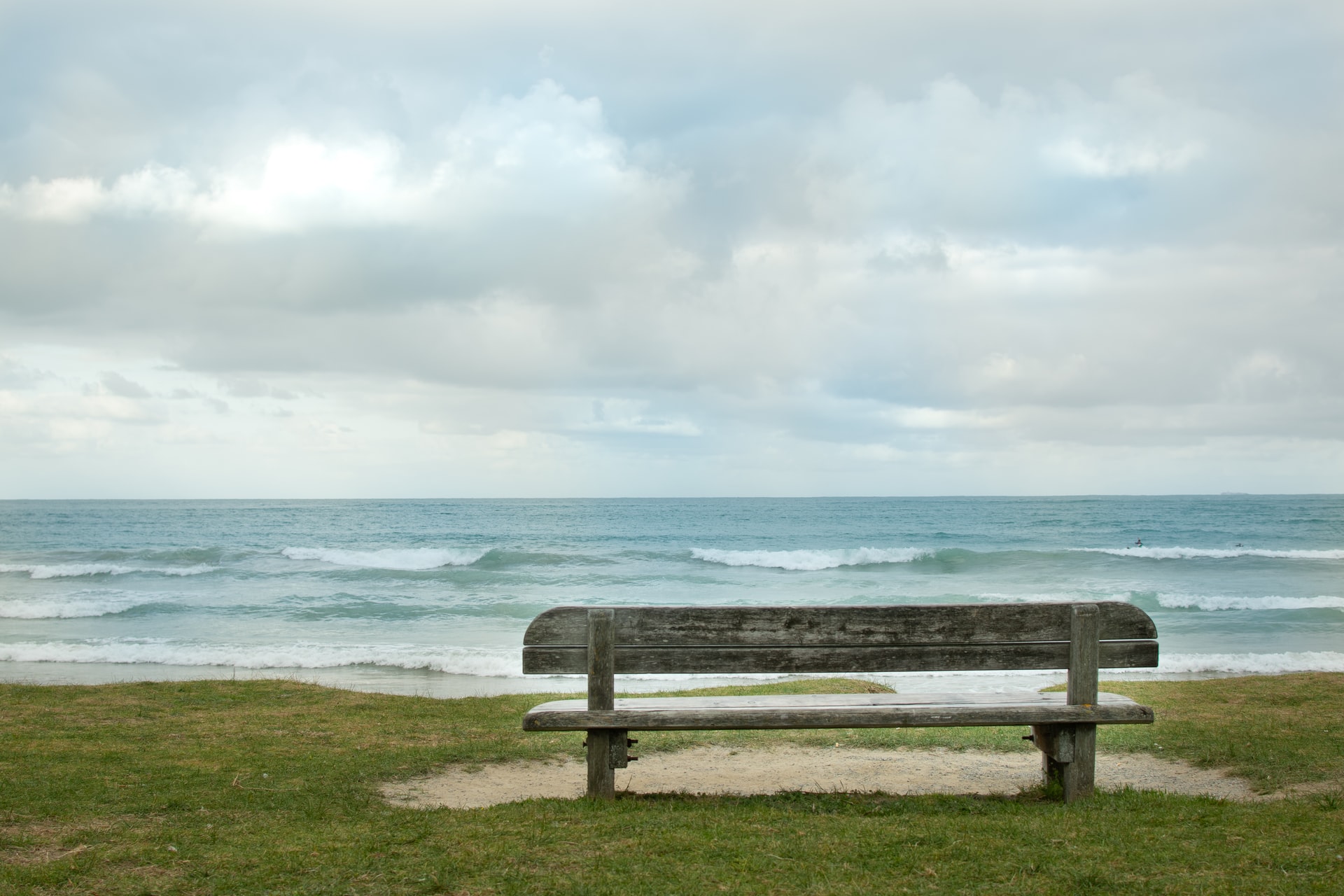
One of the ways mindfulness can help improve your life is through its ability to reduce stress. Mindfulness is being recommended for people going through a variety of especially stressful situations such as serious illness and can be used to also help us at least in part, alleviate eco-anxiety too.
If you struggle with feelings of fear and stress related to environmental damage or ecological disaster, climate change and so on, you may benefit significantly by incorporating mindfulness into your everyday life as one of the tools in your toolbox for combatting eco-anxiety.
But first, what exactly is mindfulness?
Mindfulness is the act of purposely focusing on the present moment and accepting it without judgment. This means processing and interpreting what you are experiencing, whether it is emotional, mental, or sensory. This allows you to savour - and accept the present moment instead of worrying about the past or future.
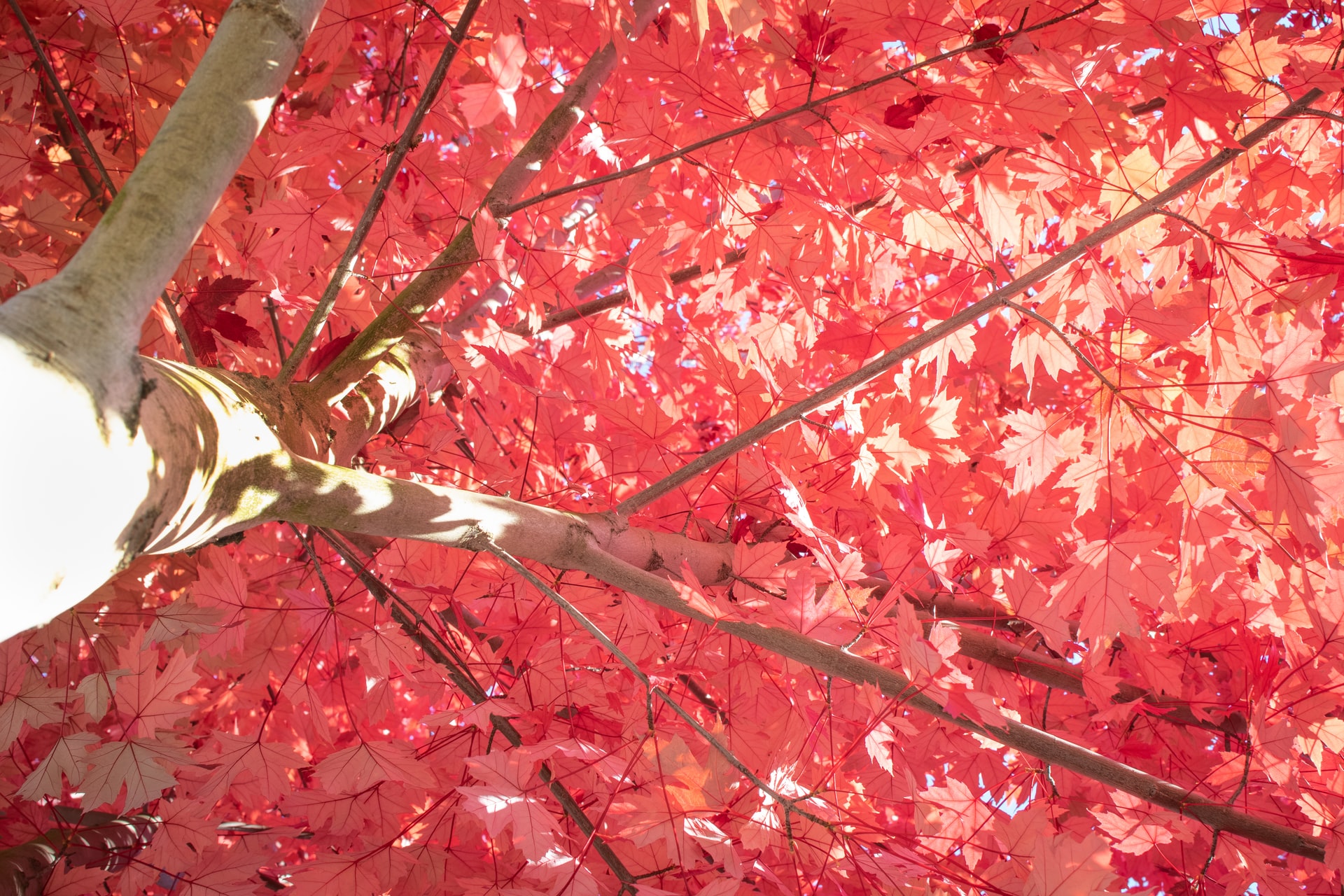
This Zen saying sums up mindfulness perfectly: “When you drink just drink, when you walk just walk.”
Although everyone has the capability to focus on the present, sometimes we need to remind ourselves by consciously practicing mindfulness. Mindfulness can be practiced by tuning in to your movements, breathing, bodily sensations, and surroundings.
This means trying to do just one thing at a time, and do it mindfully, not letting your thoughts run all over the place to what you need to do to get dinner ready or that frustrating conversation that you had with a colleague. When you are sipping your glass of water, just sip the glass of water. It means that we can just pause, to feel the glass on our lips, feel the sensation of the water in our mouth and how it cools us as we swallow it.
And that is it - you just practiced mindfulness! You can do this in many small instances throughout your day, or you can practice doing it for longer periods of time, perhaps going for a mindfulness walk or being mindful as you eat your lunch or listen to the birds sing outside your window.

Practicing mindfulness includes taking time out of your day to acknowledge our body’s senses, as they are what make up the present moment and can be useful in helping us just be present in the now. Not worrying about the unknown future or the already lived past. Just being.
Mindfulness based stress reduction (MBSR)
Dr. Jon Kabat-Zinn developed the mindfulness-based stress reduction (MBSR) program at the University of Massachusetts Medical Centre in the 1970s. This program was created using his medical knowledge and knowledge that he gained studying under Zen Buddhist teachers.
The eight-week MBSR program focuses on mindfulness as a way to manage stress, illness, pain and other factors - like eco-anxiety that may contribute negatively to one’s life. Today, mindfulness-based stress reduction programs and classes are offered in a variety of locations from hospitals to yoga centres.
MSBR and sustainable wellbeing
MBSR programs and techniques can help us deal with stressors such as eco-anxiety in an effort to achieve sustainable wellbeing.
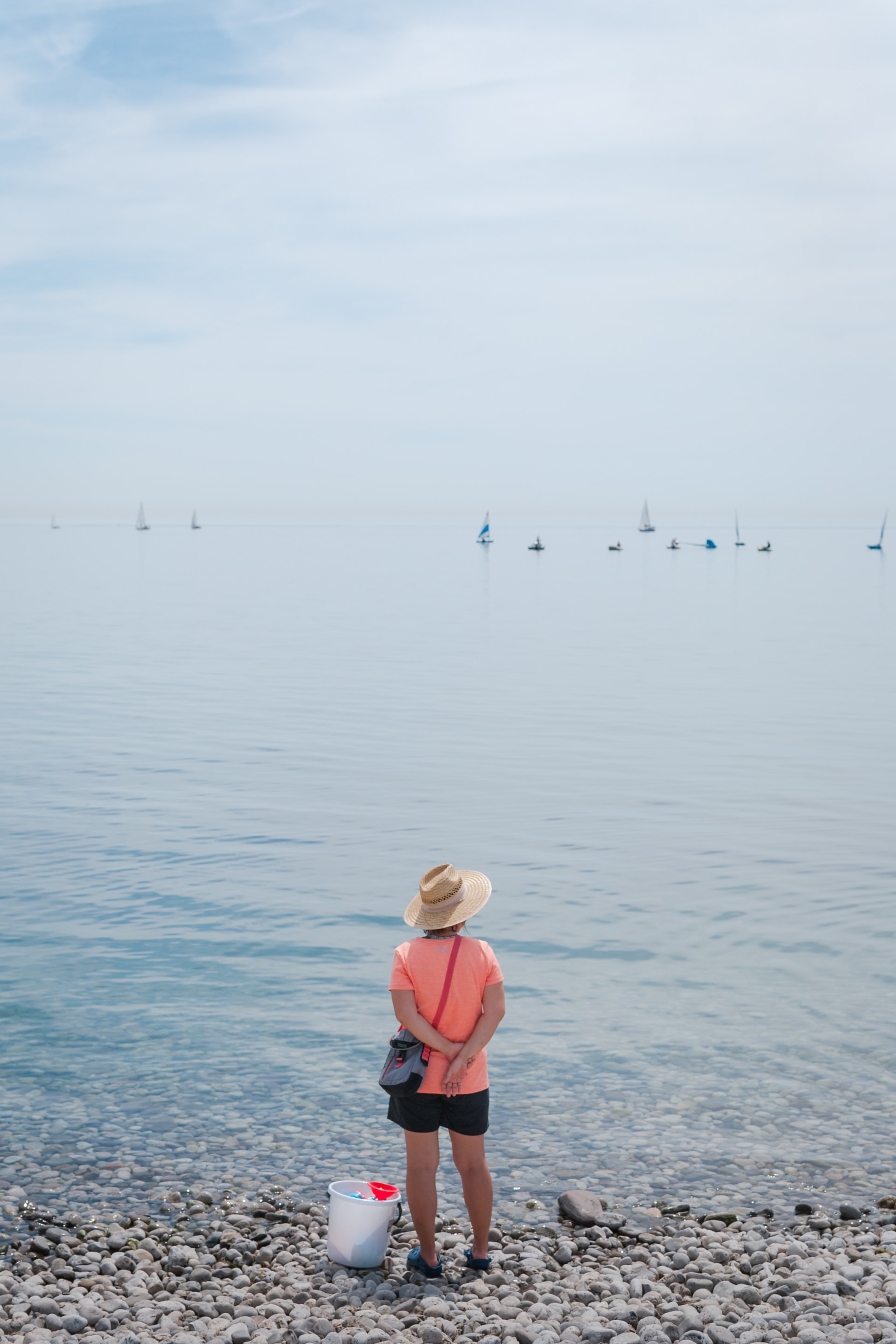
Sustainable wellbeing is the intersection of environmental sustainability and personal wellness. It is a way of living that balances personal wellbeing with the wellbeing of the environment and the people around us. Basically, sustainable wellbeing occurs when we take care of our own wellbeing, while simultaneously looking beyond ourselves and taking into account the wellbeing of all human and non-human components of the planet.
Sustainable wellbeing can be achieved by developing beneficial responses to stressors such as eco-anxiety. Instead of becoming paralyzed by our worries about the state of the environment, mindfulness practices can help us view our fears more objectively and learn how to address them productively. This results in a decrease in negative emotions and an increase in positive actions, both of which contribute to sustainable wellbeing.
This MBSR approach has been successful in reducing chronic pain for hospital patients – so why not use it to combat eco-anxiety?
Whenever you feel overcome with negative feelings about the state of the environment, take some time to acknowledge those current unpleasant feelings and why you might be feeling that way. Oftentimes, feelings of eco-anxiety are accompanied by feelings of inadequacy. You might feel that our current environmental issues such as climate change, melting ice caps, deforestation, are so large that your individual actions are meaningless. However, this is definitely NOT the case!
This is where mindfulness comes into play, as learning to pause and take a moment to reroute your thinking is so important. MBSR programs help individuals to become more aware of their habitual reactions to eco-anxiety. Often we react negatively to stressors without even realizing that we have the ability to choose how we react.
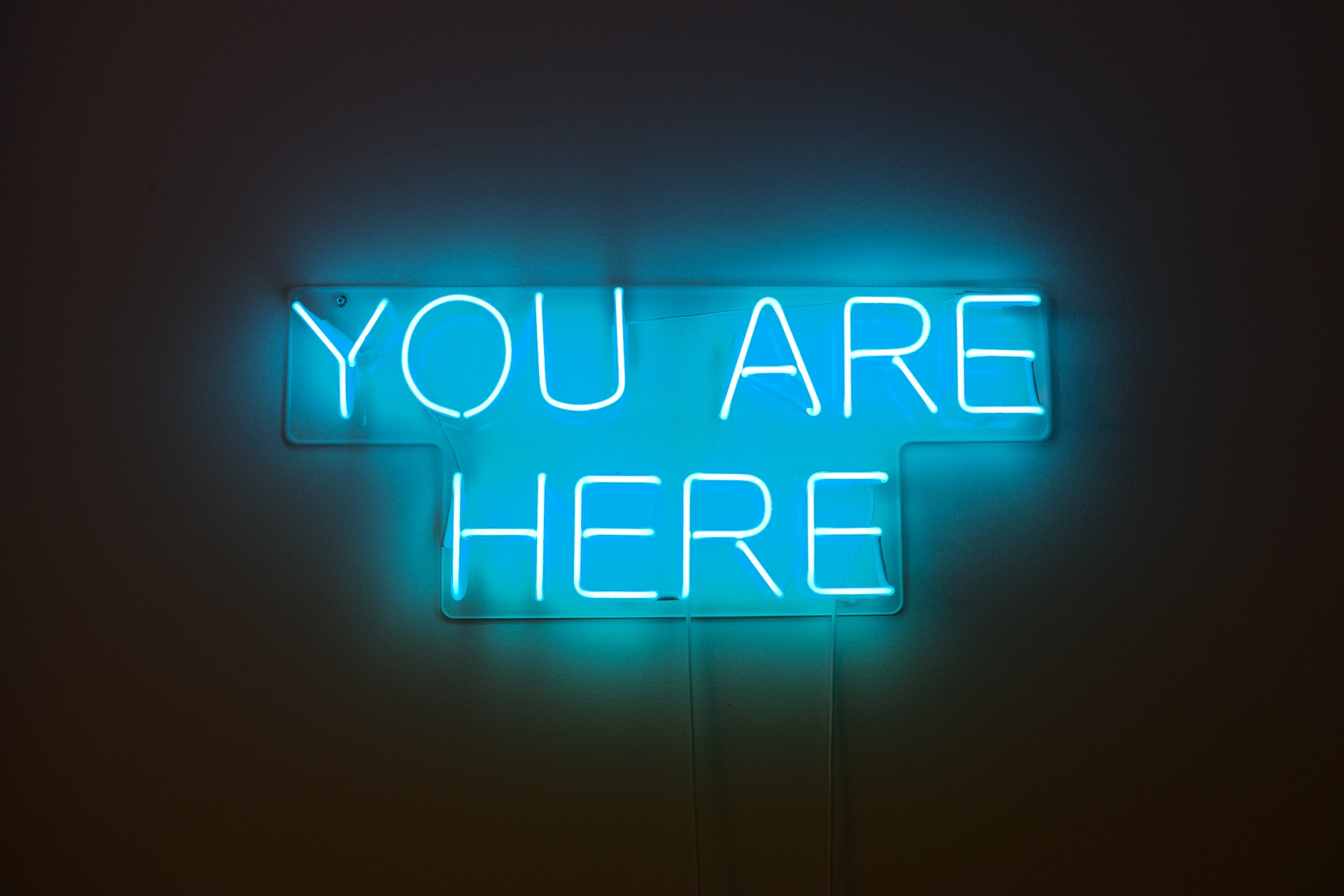
Although it may not seem like it, there is actually “a space between stimulus and response where we can choose how to react” (from Viktor Frankl). Being mindful involves recognizing and embracing this space with the aim of improving our reactions, minimizing eco-anxiety, and achieving sustainable wellbeing.
Mindfulness is an important tool that has the ability to seriously improve your life! There are many different ways to practice mindfulness including the use of labyrinths, meditation apps, and a variety of different mindfulness exercises.
But being more mindful of the beauty of nature and our connection to the natural world - even just by sipping some water, can help us gain perspective, live in the moment and be more present to tackle the challenges we have before us.
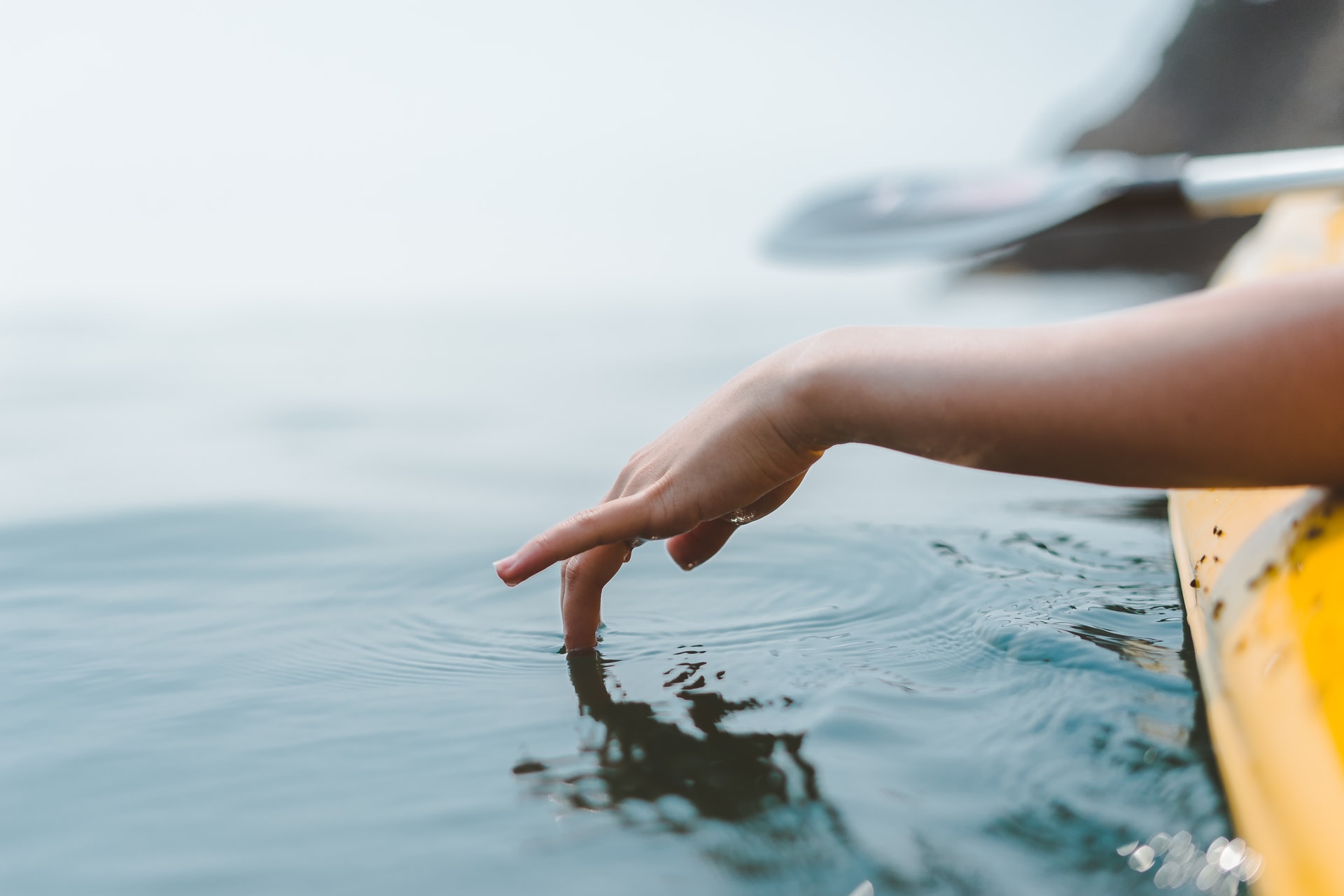
Remember, we can’t take care of the planet if we are not also caring for our own wellbeing.
Stay connected with news and updates!
Join my mailing list to receive the latest news and updates. Your information will not be shared.

